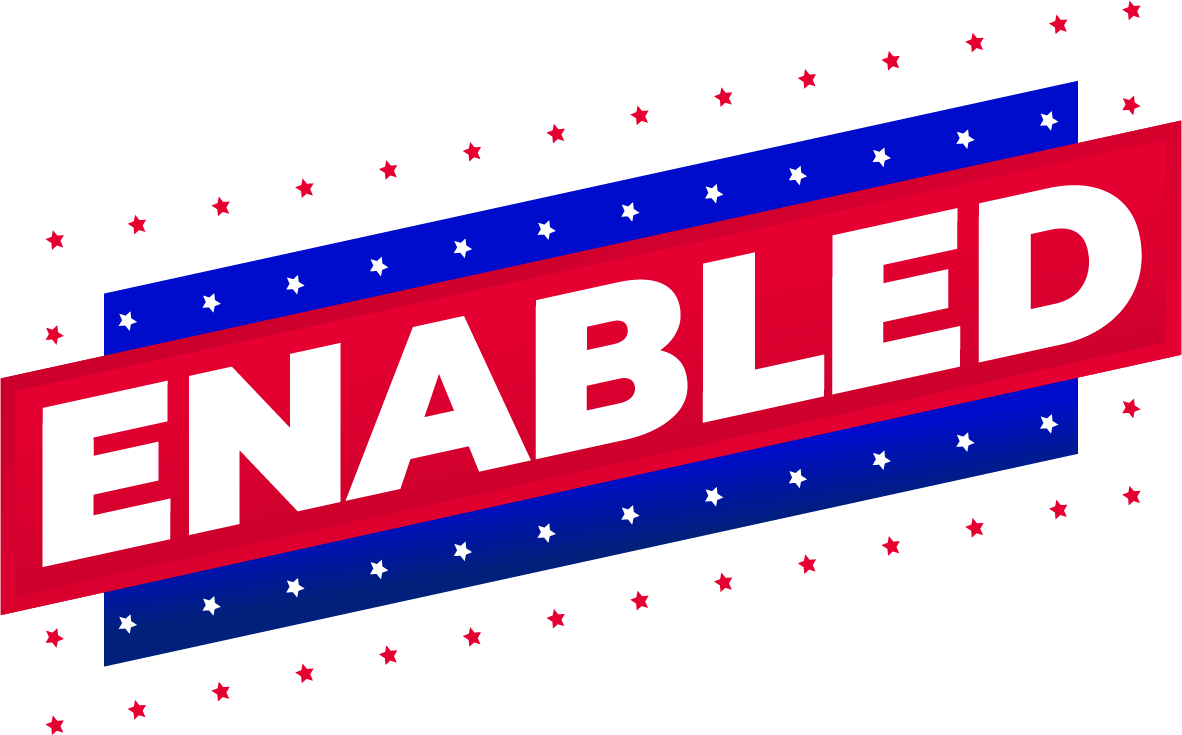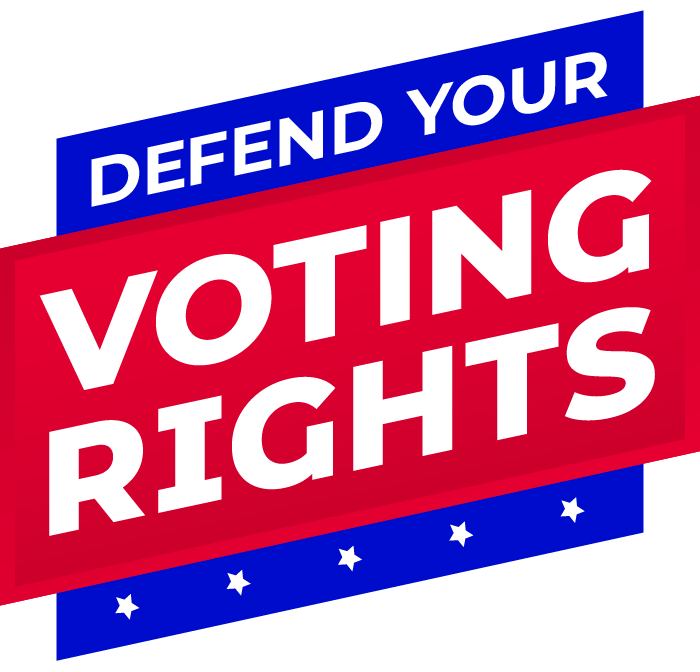Survey finds bipartisan support for HR 1, especially some of its components
https://thefulcrum.us/hr-1-public-opinion-polling
[The Fulcrum is a platform where insiders and outsiders to politics are informed, meet, talk, and act to repair our democracy and make it live and work in our everyday lives.]
While congressional Republicans remain overwhelmingly, if not unanimously, opposed to the For the People Act, a new survey found strong bipartisan backing for the wide-ranging bill that would set new standards for elections.
The survey — conducted by Data for Progress, a progressive think tank and polling firm, for Vox — found that 69 percent of Americans strongly or somewhat support the bill when told it would “make it easier to vote, limit the influence of money in politics, and require congressional districts to be drawn by a non-partisan commission so that no one party has an advantage.” That breaks down as 85 percent of Democrats, 70 percent of independents and 52 percent of Republicans. (Note that voter ID and so-called ballot harvesting, among the most partisan elements of election administration, were not mentioned.)
No Republican voted in favor of the bill, also known as HR 1, when Democrats pushed it through the House of Representatives, and Minority Leader Mitch McConnell and his fellow Republicans have vowed to block its passage in the Senate. Republicans say the legislation would damage election security while Democrats claim it would make elections more fair.
Pollsters broke the bill down into a handful of its major components to gauge support for individual provisions, some of which were heavily backed by all three political groupings. For example, limiting the influence of money in politics was supported by 86 percent of Democrats, 87 percent of independents and 80 percent of Republicans. Modernizing election infrastructure to increase security had similar numbers (90/83/77), as did preventing foreign interference in elections (85/82/82).
Support for a 15-day early voting period and nonpartisan redistricting commissions both received more than 50 percent support across all three categories as well.
A handful of other proposals did not crack 50 percent among Republicans.
- Automatic voter registration: 81 percent Democrats, 59 percent independents, 44 percent Republicans.
- Same-day voter registration for eligible voters: 84/49/49.
- A vote-by-mail option for all voters: 84/64/38.
- Restoring voting rights to felons who have completed their sentences: 72/54/39.
- Limiting voter roll purges: 73/51/48.
Again, voter ID and collecting ballots on behalf of voters were not among the topics queried.
The pollsters also asked respondents about replacing the current system of drawing congressional districts with a proportional representation system in which each state’s U.S. House delegation would be based on the statewide vote share. Just over half of all respondents said they would support such a system, including 63 percent of Democrats, 50 percent of independents and 41 percent of Republicans.
But when more context was added to the question, opinions shifted.
In one version, respondents were told: “Some lawmakers in Congress are considering changing Senate procedure to allow for this proposal to pass with 51 votes, rather than 60 votes, meaning Democrats could pass the bill without support from Republicans.” Asked how they felt about changing Senate procedures to pass the bill, overall support dropped 4 points to 47 percent. Democratic support rose, while backing among Republicans and independents dropped significantly.
In another question about the proportional representation plan, questioners said, “Supporters of this say we should create these standards so that everyone’s vote can count equally and no one party has an advantage over the other in drawing district lines, making our elections fairer. Opponents of this say that it is a power grab by politicians who want to pick their voters rather than the other way around.”
When faced with this language, 70 percent of Democrats voiced support, as did 50 percent of independents. But only a third of Republicans backed the proposal.
The survey was conducted April 16-19 of 1,138 likely voters with a margin of error of 3 percentage points. See the full results here.
“Frankly there is no idea more un-American than the notion that any one person could choose the American president . . .”

